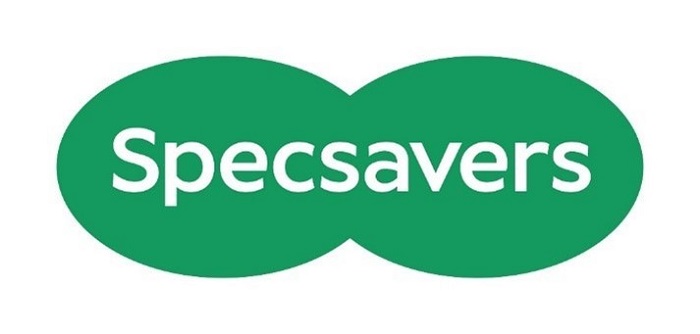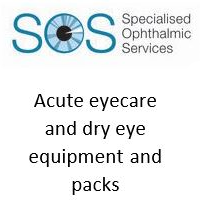General News
Easing pressure on NHS and improving patient outcomes
Easing pressure on NHS and improving patient outcomes
UP to one million A&E patients could be diverted to primary care optometry – easing pressure on the NHS, according to a new report.
 The report by Specsavers highlights how community optometry and audiology are an integral, yet often overlooked, part of primary and community care that provide a range of ear and eye health services – and can do more to support patient choice and work to reduce NHS waiting times.
The report by Specsavers highlights how community optometry and audiology are an integral, yet often overlooked, part of primary and community care that provide a range of ear and eye health services – and can do more to support patient choice and work to reduce NHS waiting times.
‘Using this highly qualified workforce to its full extent will free up capacity within the health service in return for very little cost to the taxpayer and an overwhelming improvement in patient health outcomes and quality of life,’ says Giles Edmonds, Specsavers Clinical Director (Optics).
He adds that a consistent commissioning and funding approach to community-based treatment by optometrists is vital, highlighting a detrimental ‘postcode lottery’ in England unlike commissioning in the other UK nations.
‘With no additional investment from the NHS and simply making this a requirement for all commissioning areas, up to a million A&E attendances each year could be diverted to accessible local NHS Primary Care services that already have the facilities, technology, training and resources to provide this care.’
The report also notes that people with eye related conditions account for five million GP consultations per year, which could be dealt with by community optometrists, using infrastructure that already exists.
Meanwhile, the audiology backlog for hospital-based hearing loss services for adults exceeds 14 months in some areas – while 90% of Specsavers locations can see a new audiology patient within four weeks. Patient self-referral to audiology practices would also remove the need for 500,000 GP appointments per annum.
Hearing loss currently affects 4.4 million people in the UK workforce, with 40% of people leaving the workforce prematurely saying hearing loss is one of the causes. For every £1 invested in hearing screening at the age 65, £8 worth of benefit would be generated, says the report.
‘NHS Wales and NHS Scotland have committed to a Primary Care model for adult audiology. The Republic of Ireland’s Department of Social Welfare already offers a hearing aid voucher scheme for working age adults, similar to NHS spectacle vouchers. A nationally commissioned primary care audiology service in England will benefit patients and reduce pressure on secondary care,’ says Gordon Harrison, Specsavers Director of Professional Advancement (Audiology).
‘Introducing a nationally commissioned primary care audiology service will address unmet need at reduced cost and take pressure off GPs and A&E departments. More importantly, it could deliver a step change in care and quality of life for adults with age-related hearing loss.’
Specsavers commissioned the report as part of its mission to change lives through better sight and hearing – with the scale of the issues highlighted by not just the impact on people but also the £63bn annual cost of sight loss, blindness and untreated hearing loss to the UK economy.
























